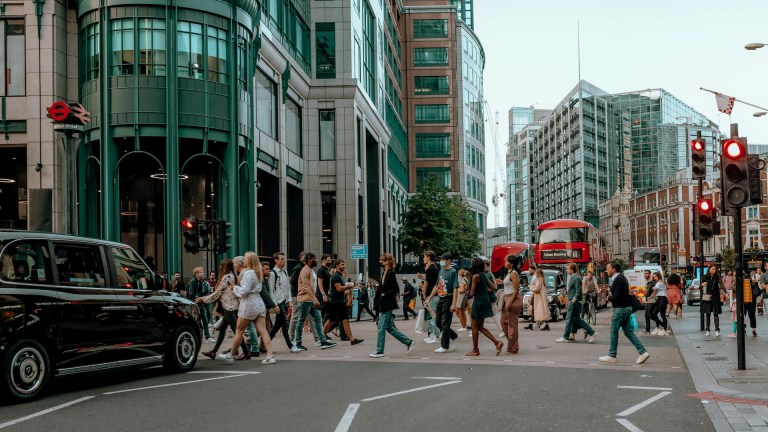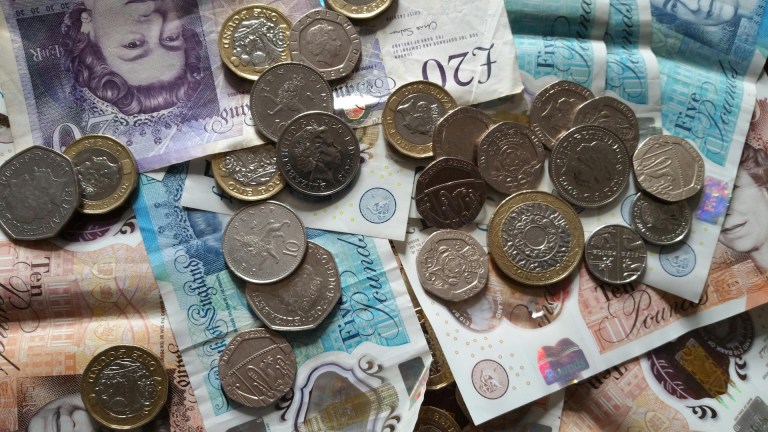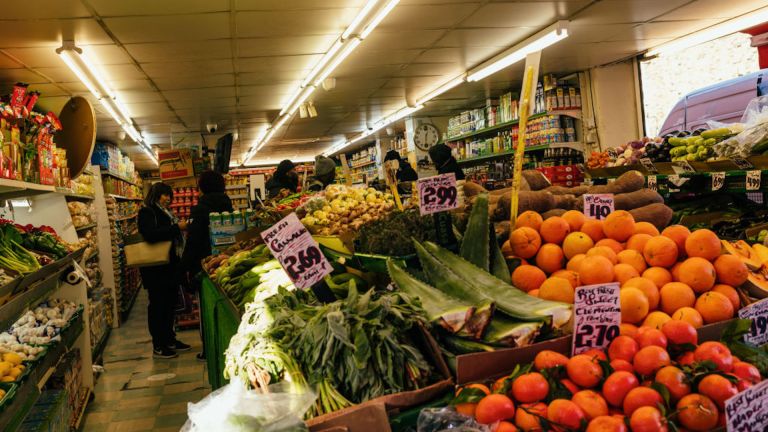The number of households that had their incomes limited by the benefit cap soared by more than 137 per cent during the pandemic, according to “disgraceful” new Government figures.
Up to 76,000 households were affected by the benefit cap in February 2020, before Covid-19 hit the UK. By November 2020, the number impacted had soared to 180,000.
The policy – introduced in 2013 to ensure no one receives more than the minimum wage equivalent as benefits – limits the amount of money someone can receive from the state per year.
The benefit cap “breaks the link between what you need and what you get,” a Child Poverty Action Group spokesperson said.
A household can be assessed by the DWP to need a certain amount of money to live, but receive less than that if that is more than the limit set by the law.
“One of the stated aims of the cap is to incentivise people to move into work. But many people affected by the cap are not expected to work because of disability or ill-health, or because they have very young children,” the spokesperson added.










